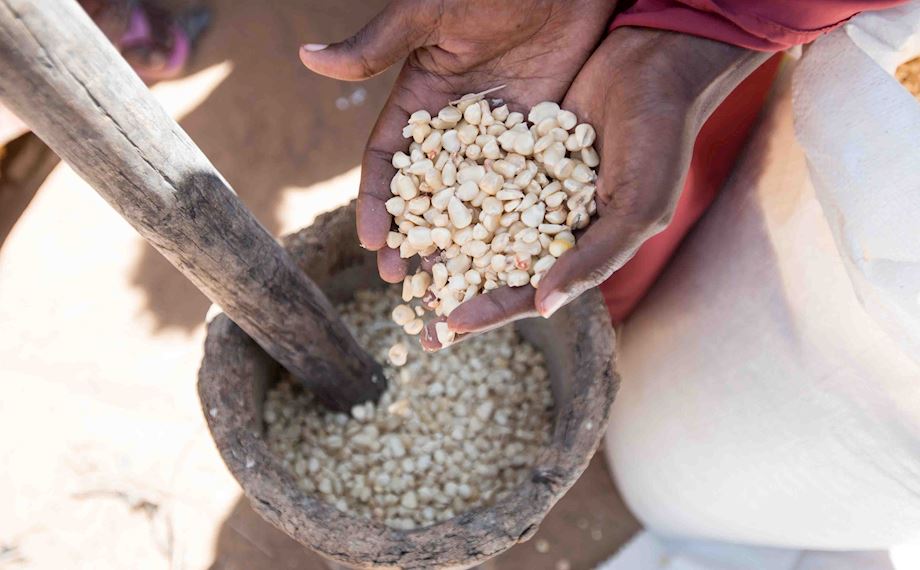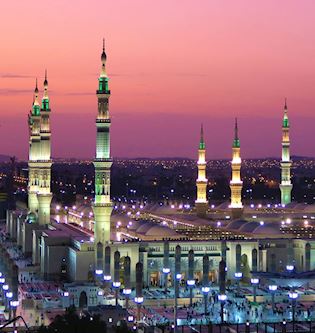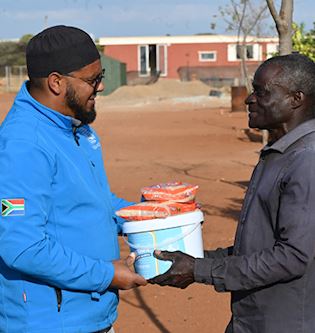The Essential Five Step Guide to Zakat
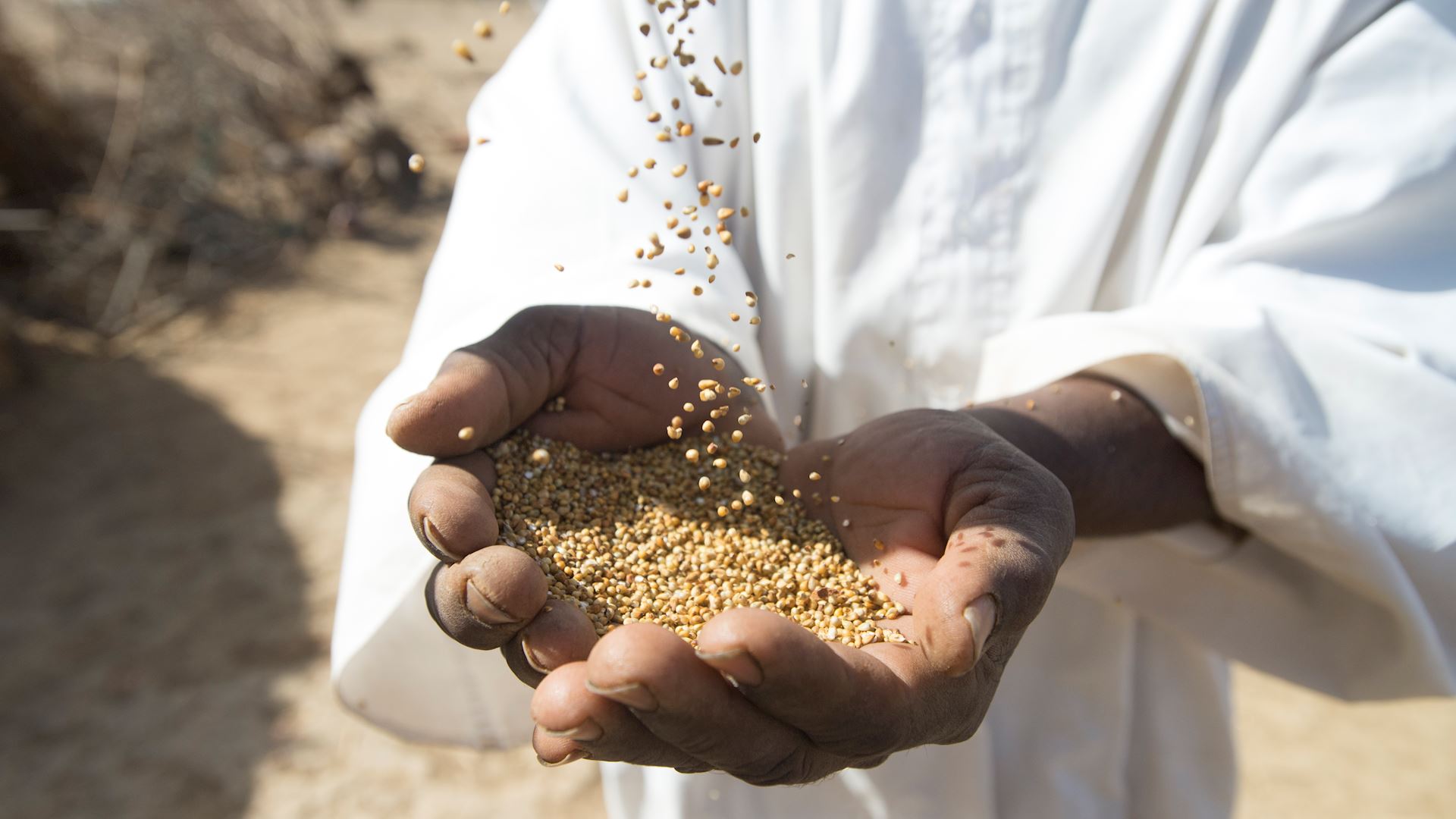
Zakat - meaning to purify - is the third pillar of Islam. It denotes the amount of wealth a Muslim is obligated to pay to particular categories of underprivileged people, if their annual wealth exceeds a specific amount.
As an act of worship, for which we are directly accountable to Allah (swt), Zakat is one of the most important obligations we must fulfil as Muslims. Allah tells us of our duty to pay Zakat in the Holy Qur’an:
'You shall observe the Salah and give the obligatory charity (Zakat), and bow down with those who bow down.' (2:43)
However, many of us can find it overwhelming getting to grips with the ins and outs of how Zakat works. That’s why we’ve created this simple five-part guide to help you understand more about this beautiful act of worship.
1. What is my Zakat for?
As an obligatory act of charity, Zakat ensures that the very poorest of society who lack even basic essentials are protected from hunger and financial insecurity. In addition, Zakat is also an important spiritual act which cleanses our hearts against selfishness and greed. As such, Zakat benefits not only those in need who receive Zakat but also those who have given their wealth for the sake of Allah (swt). By paying Zakat, we acknowledge that our wealth is in fact not our own, but a blessing to be shared. We are thanking Allah (swt) for all he has given us. Alhamdulillah!
2. Who pays Zakat?
Every person who is sane, Muslim, an adult (has reached puberty), and has reached the minimum level of wealth (nisab) for a period of one lunar year or more is required to pay Zakat.
The nisab - the minimum value of wealth one must possess for Zakat to become payable - is defined as:
- 87.5g of pure gold
- 625g silver
You can base your nisab on either the gold or silver amount. This is usually the equivalent value in your local currency. Most scholars favour the lower value as it means that more people can pay Zakat and therefore more people can benefit.
As the value of gold and silver change daily, make sure to check our Zakat page for the latest information.
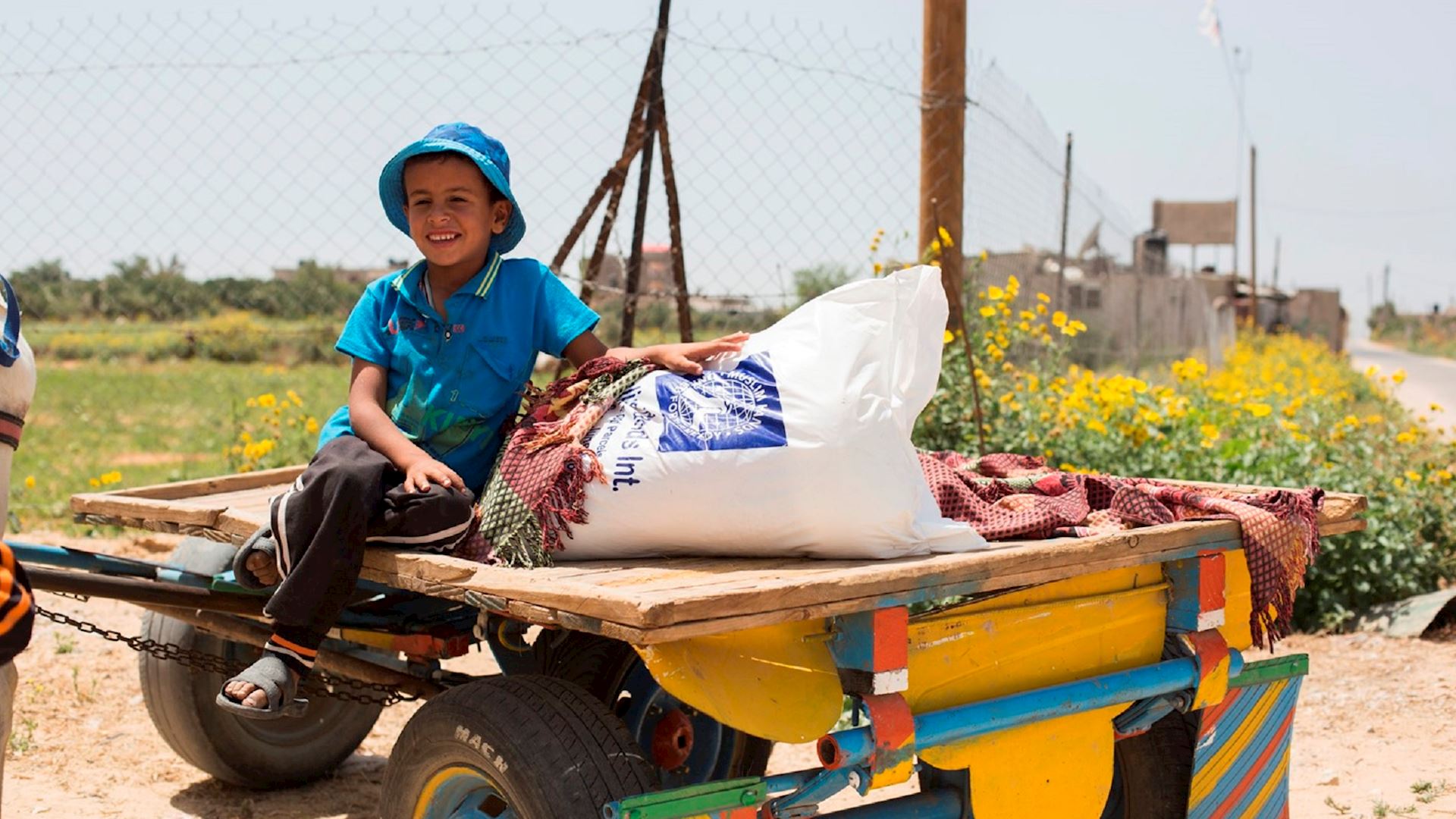
3. How do I calculate my Zakat?
Zakat is paid at a rate of 2.5% on most types of wealth, provided that such wealth has been held for one full lunar year and exceeds the nisab. Your Zakat year begins on the date when your wealth first equals the level of nisab. Your Zakat should then be calculated on that date for each subsequent year. If you cannot remember exactly when you qualified to pay Zakat, then try your best to estimate the date.
Zakat becomes obligatory only once a full year has passed, after which you shouldn’t delay the payment unnecessarily. If you wish, you can pay your Zakat in advance and adjust the sum accordingly at the end of your Zakat year when the payment is due, although this is not an obligatory requirement.
Alternatively, many people choose to pay their Zakat every year within the month of Ramadan to earn extra rewards. Paying your Zakat in Ramadan also makes it easier to remember to pay each lunar year. Please note however that you must pay within the subsequent year or your Zakat will be overdue.
In terms of calculating wealth, according to the Hanafi school, Zakat is due on the following:
- Gold and silver including ornaments or jewellery containing gold and/or silver
- Cash held at home or in bank accounts
- Pensions
- Property owned for investment purposes
- Stocks and shares owned directly or through investment funds
- Money lent to others
- Business stock in trade and merchandise
- Agricultural produce
To help you calculate your Zakat, head on over to our online Zakat calculator.
4. Who receives Zakat?
The categories of people/causes entitled to receive Zakat are described in the Qur’an (9:60) as:
- The Poor - Those receiving little or no income.
- The Needy - Someone who is struggling to meet their basic needs.
- Administrators of Zakat - Those who are responsible for collecting, storing, guarding, registering and distributing Zakat.
- Those Whose Hearts are to Be Reconciled - Those who are new to Islam.
- Those in Bondage - Freeing those who are enslaved/ held captive.
- Those in Debt - As long as the debts were not incurred through acts against Islamic law.
- In the Cause of Allah - Promoting Islamic values.
- The Wayfarer - Anyone who is stranded whilst travelling or away from home and needs financial assistance – as long as they travelled for lawful purposes.
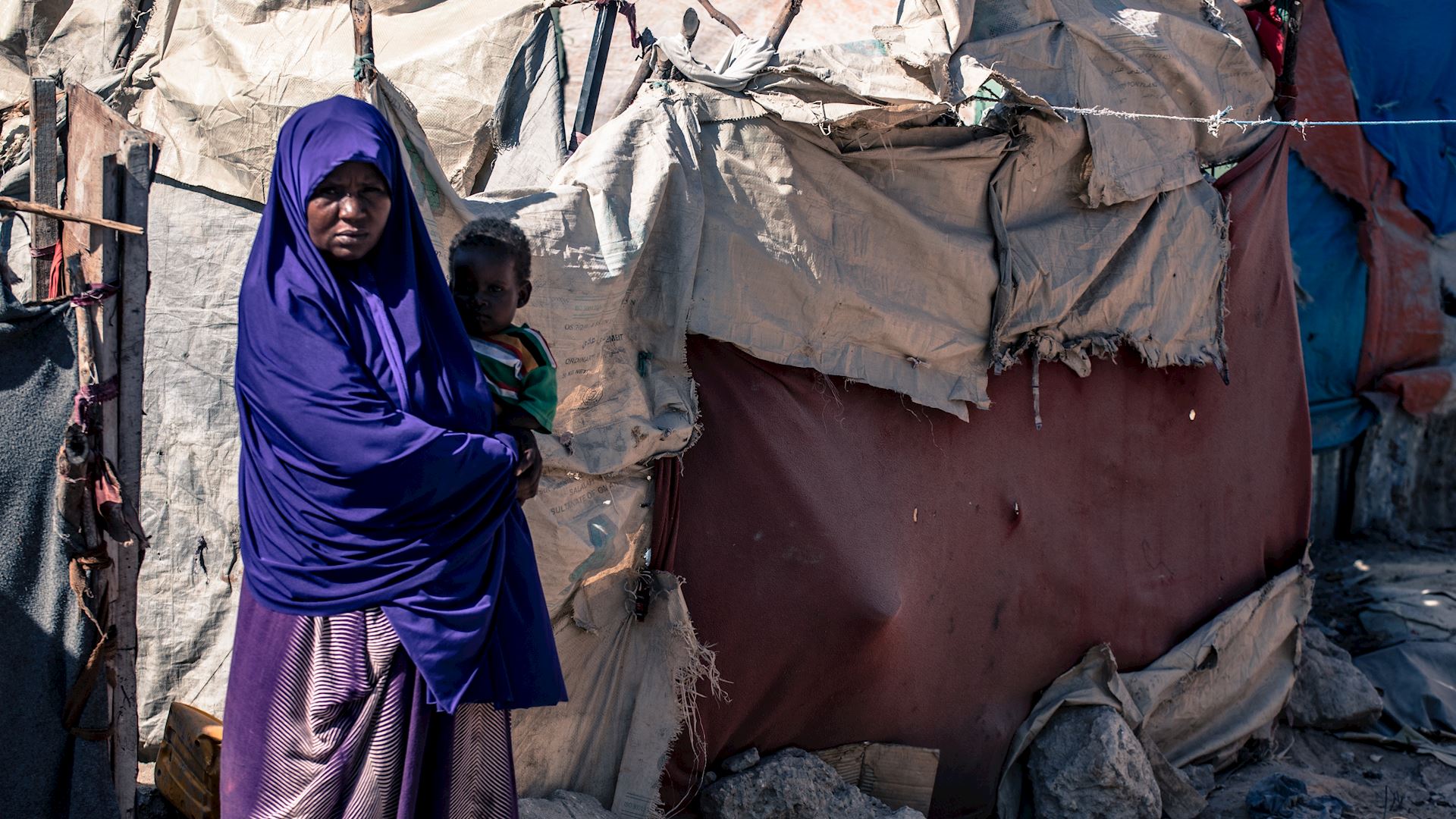
5. What is Zakat al-Fitr (Fitrana)?
Fitrana is not the same as Zakat. Fitrana is an obligatory charity which must be paid before Eid al-Fitr. Fitrana is the equivalent of 1 Sa' (two handfuls) of food, grain or dried fruit for each member of the family and is compulsory for every individual in your household regardless of wealth. Self-dependent adults are required to pay on behalf of their dependants such as children or the elderly.
If you haven’t paid your Zakat al-Fitr for this year, you can do so by going on our donation page here.
So, we hope you’re all clued up about Zakat and ready to fulfil this important Islamic requirement. Don’t forget to download our printable zakat guide to keep all the essential information to hand when you most need it!
If you’re still unsure about your Zakat requirements, give us a call We’ll work with you to discuss any queries or problems you may have.
Ramadan Mubarak!
Donate
Here are ways you can help





